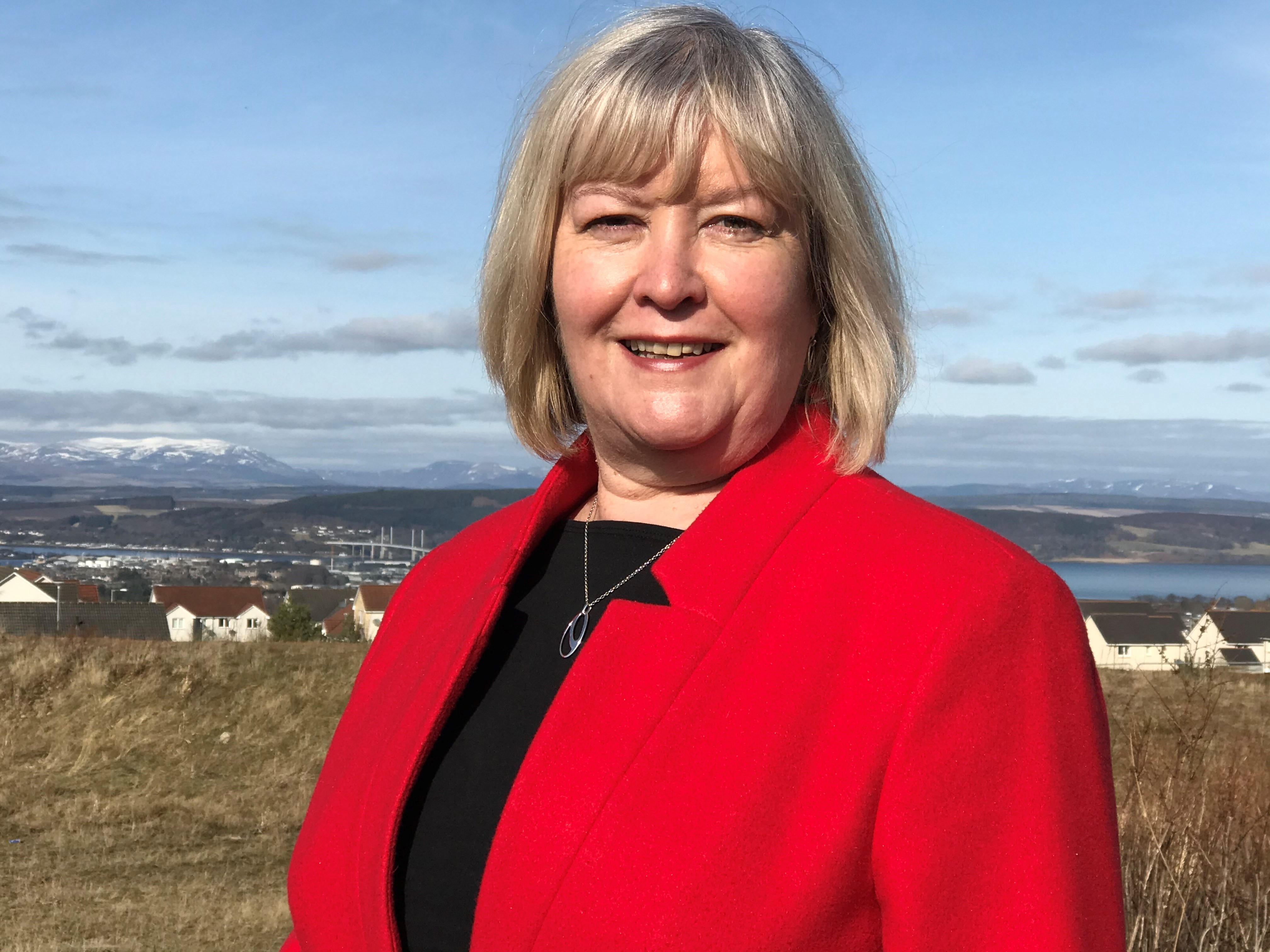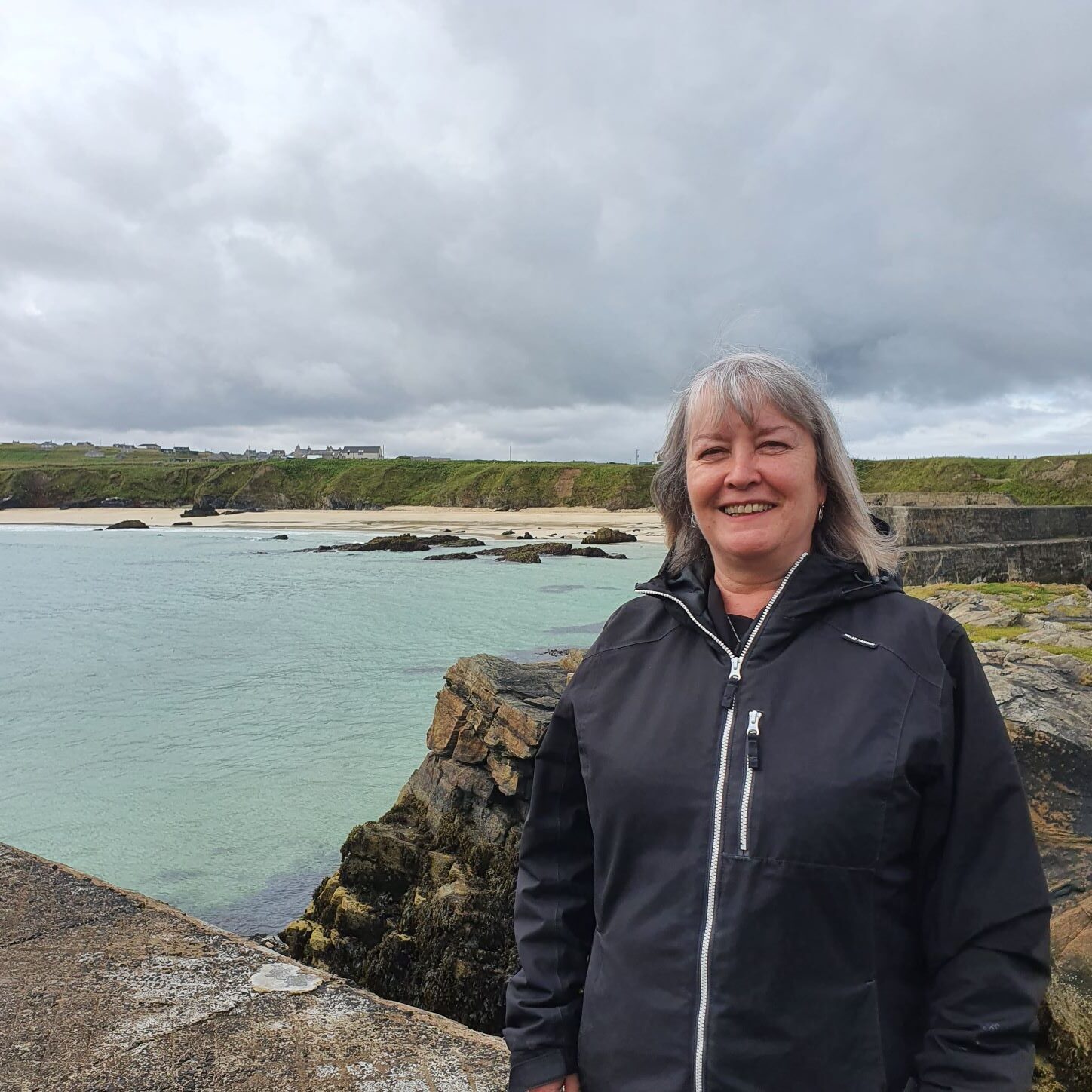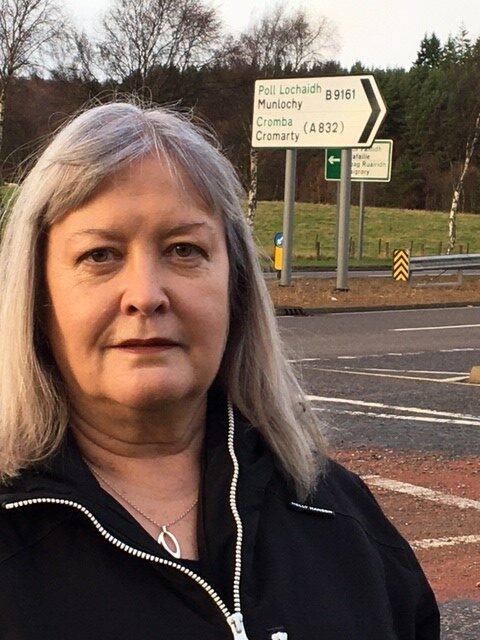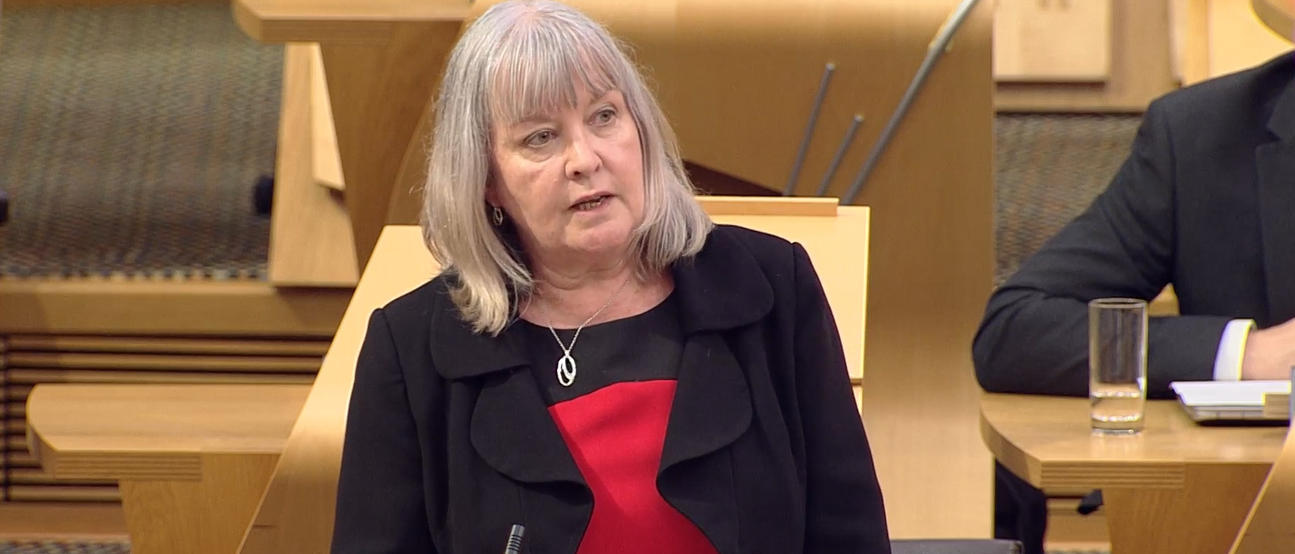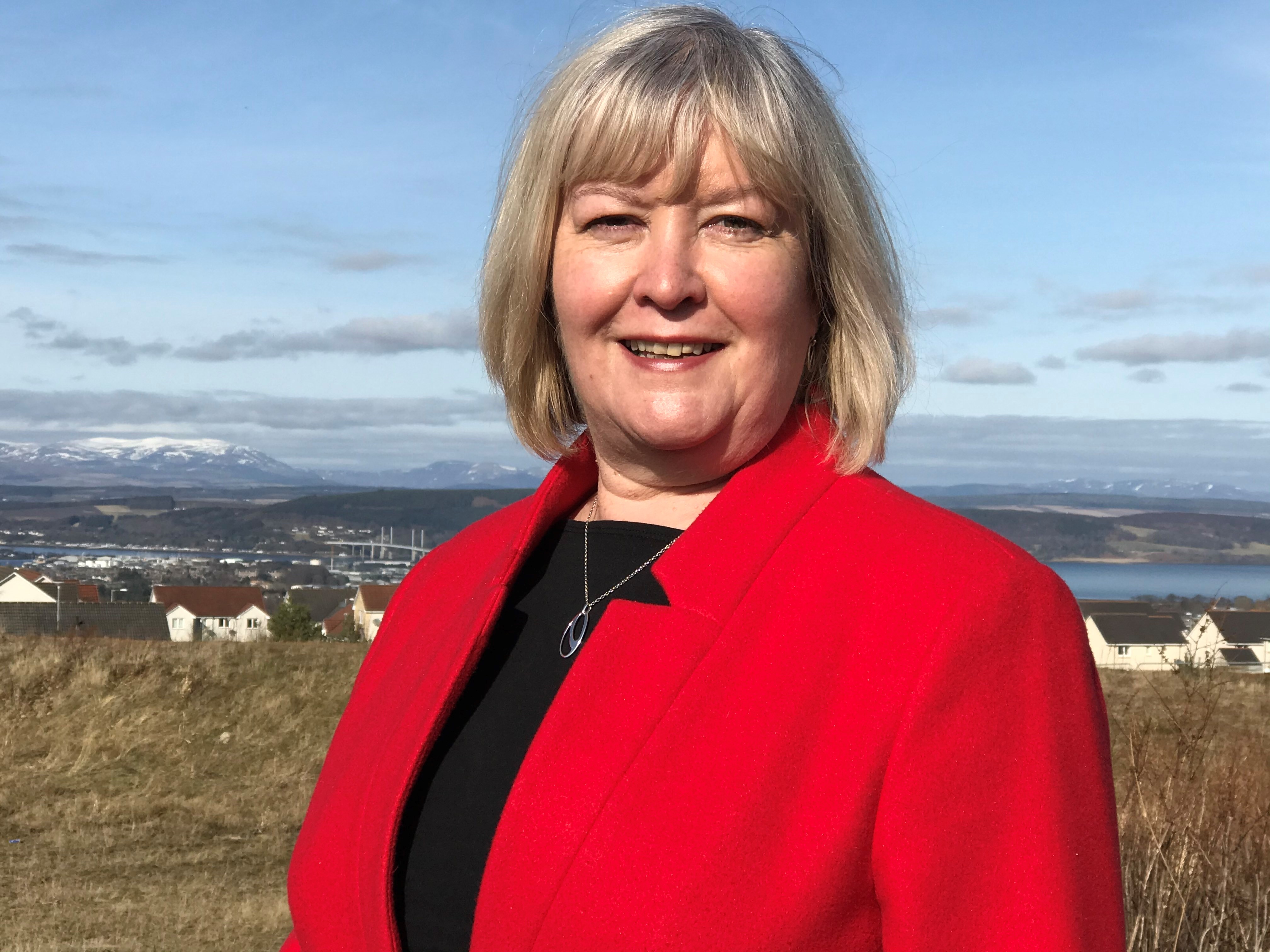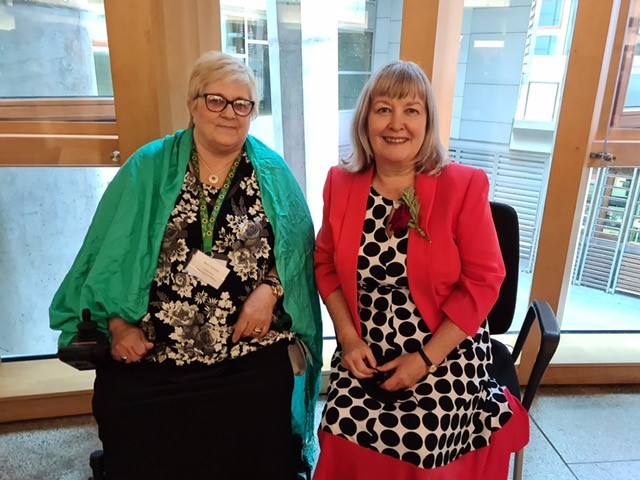
A Scottish Parliament committee has decided to keep pressure on the Scottish Government to allow patients with Essential Tremor to be treated as ‘standard care’ under the NHS.
Highlands and Islands Labour MSP, Rhoda Grant, spoke at the Citizen Participation and Petitions Committee this morning (Jan 19) in support of Inverness constituent Mary Ramsay’s long-standing petition.
Mrs Ramsay, from Dalneigh, Chair of the Scottish Tremor Society, is asking the Scottish Government to back to provision of magnetic resonance-guides focused ultrasound (MRgFUS) technology.
The deep brain ultrasound treatment can transform the quality of life for people with uncontrollable tremors and is available in Scotland after a University of Dundee fundraising campaign, although the number of patients is limited. The treatment uses sound waves to help destroy tissue that can prompt unwanted movements experienced by those with the condition.
Although in Scotland the treatment is termed ‘experimental’ it is now available under the NHS in England, in London, and in various countries around the world. To achieve the campaigners’ goal of the treatment being used as ‘standard care’ for Essential Tremor it has yet to be evaluated by health bodies including the National Special Services Committee (NSSC)
Mrs Grant told the petitions committee that since the last petitions committee she had had several meetings with Mrs Ramsay and other stakeholders and had written to Ralph Roberts the Chair of the NSSC.
She discovered the National Services Division (NSD) is due to meet with the clinical team in Dundee towards the end of January to discuss how a formal application for designation and the relevant paperwork can be prepared for consideration by both the National Patient, Public & Professional Reference Group (NPPRG) as well as the NSSC.
However, it is likely that it will be May or June when those bodies can look at the application with their work previously paused due to the pandemic.
Mrs Grant continued: “There is no guarantee that they will reach a conclusion at that time. So, it feels to me that there is still no real recognition of the issues that people with Essential Tremor face having to travel to London for assessment and back there if they are assessed as being suitable for procedure, and also no acknowledgement of the waiting times people face and the impact on their lives.
“There are real fears that the decision will be further delayed beyond spring or summer and I think this committee know how long this has been before this committee and the previous committee.
“I share Mary Ramsay’s frustration that we appear to be moving at a snail’s pace to bring this much needed treatment to patients in Scotland. With patients having to consider joining a waiting list in London when the treatment is available here.
“Indeed, NHS England is looking to create another centre to deal with demand.
“It makes no sense that we have the equipment and knowledge here in Scotland, but we are not using it and patients are forced to travel far from home to access it. It is not good for them and not good for the public purse.”
She explained that 80 patients have been referred for assessment in Dundee last year, around 25% of those patients have been considered appropriate for treatment.
The committee agreed with Mrs Grant’s suggestion that it should keep the petition open and keep up the pressure for the treatment to be available for people closer to home and to contact both the NPPRG and the NSSC to see if they could give priority to considering this treatment.
Mrs Grant said that both Mrs Ramsay and the first patient to get the Dundee treatment, Ian Sharp, were happy to give evidence to the committee on their own experience and show first-hand the difference the treatment can make.
SNP MSP and Deputy Convener, David Torrance, also supported the petition and asked the committee to write to the Scottish Government highlighting the success of the treatment, asking if funding could be made available for more patients and how the government will raise awareness among health professionals for the treatment.
After the meeting Mrs Ramsay said: “It is frustrating all this toing and froing. I wish these specialist health groups could put themselves in the position of a person with Essential Tremor.
“It is the distance and expense of going to London, then initial assessment which is a wait of two to three years, and then further wait for actual treatment. Can they honestly say they are quite happy to put up with that? I don’t think so.”
Link to the petition
2099 (parliament.scot)


